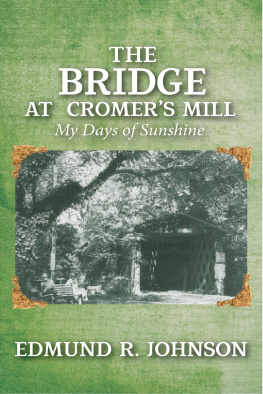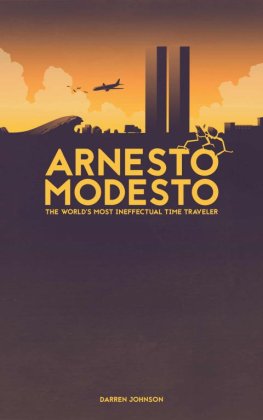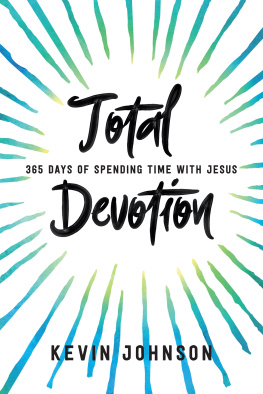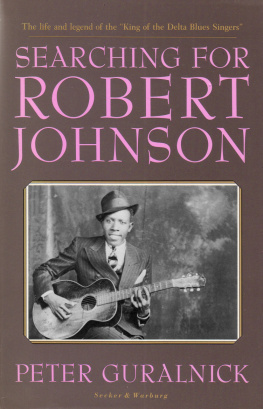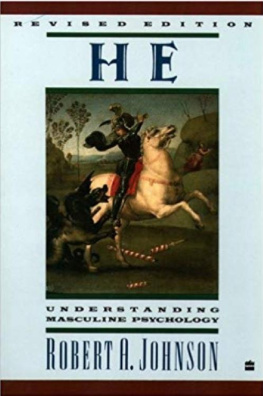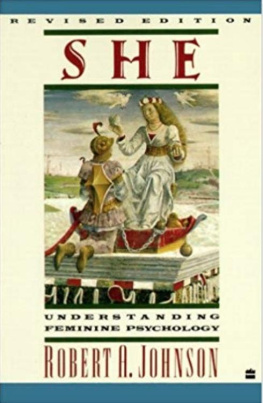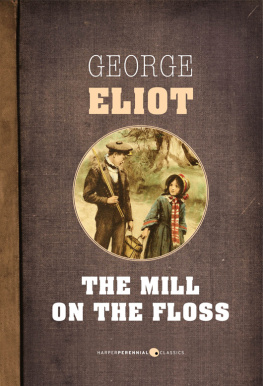My time spent in Franklin County, Georgia, from the mid-1940s through the mid-1950s were the golden years of my childhood. I refer to the very first memories of my life until the death of my grandfather as the days of sunshine. Those days brought so much enjoyment and excitement, as each day was like a new toy to play with, a new adventure to dive into, and a new taste to experience (like the wild plums of red and yellow, blackberries, dewberries, wild cherries, huckleberries, wild muscadine grapes, and, of course, persimmons, each in its own se ason).
I grew up in a time and place with an extended family that was both protective and loving. However, they also allowed me the freedom and opportunity to explore and experience life as it was in both the old age (the time before electricity) and the new (the time after electricity). This gave me better insight into the life and experiences of my grandparents and their grandparents. It also provided me a better understanding of the times my father and mother and uncles and aunts lived thr ough.
As I think over those times and remember my family members who have passed on, I always see smiles on their faces. This gives me great comfort. I know we will all be together again with smiles for those who remembe r us.
My grandfather Daddy Otts great-grandfather James was originally from southwest Ireland, near the city of Cork. In 1785, at the age of sixteen, he and his brother ran away from home to become stowaways on a ship loaded with bells bound for America. They hid in the barrels on board, which were used for the crews food stores. The brothers are thought to have disembarked from the ship in Philadelphia or Baltimore in that same year.
Very little is known about James and his early years in America. We know that he was befriended by an American colonel who fought in the Continental Army. The colonel would later receive thousands of acres of former Cherokee land in Georgia for his service in the war. Sometime later, James made his way south along Indian trails from Maryland, via North Carolina, to Georgia. This is where he settled on an Indian land grant he acquired in a lottery. He was not far from his friend the col onel.
James established his homestead along a beautiful creek on the land grant. A family cemetery is still located on a hill overlooking the creek. James began buying and trading in Indian land grants in the early 1800s. He quickly built his reputation as a shrewd and successful land speculator. James would go on to live a very long and productive life, raising a family of seven children of his own, as well as two additional children of Scottish and Cherokee heritage, the children of a Scotsman friend who had died.
Because James was a staunch supporter of the Confederacy and all four of his sons fought in the Confederate Army, he was, at ninety-six years of age, forced to sign a loyalty oath to the Union when the War Between the States e nded.
In 1871, when James was living with one of his sons in Morgan County, Georgia, he decided to walk back home to Franklin County to see his other grandchildren. It was on this trip, at the age of 101, that James died.
18611865
The War Between the States was a seminal point in our history. It defines Southerners then and even today, for we have a stubborn, independent nature that was not extinguished by the war.
Since the 1860s, the South, including my Georgia, has had a large segment of its population made up of the independent-minded people of Irish and Scotch-Irish heritage. The phrase they got their dander up has special meaning t o us.
We were a proud people who, after four years of heroic effort and struggle, were defeated in the war. Then, as with all civil wars, the victor writes the official history. In doing so, they seek to demonize the opposition and legitimize their reasons for the war and the actions the victorious army took during the war. Yet the defeated side is denied this same right of having the opportunity to put forth their reasons for engagement in the war. Only individuals can seek to remedy the official history by writing their own interpretation of the war and the reasons behin d it.
However, only the official history is taught in the schools. Even more disturbing are the politically correct history books of t oday.
My family was dramatically affected by the war. We lost a great-grandfather and two great-great-grandfathers. In addition, many other relatives were casualties, causing immense suffering to their families. The war destroyed the South financially, especially in the rural areas, for many years that extended into the twentieth century. The war affected and defined our lives and our futures for many generations after ward.
My grandfather Otto was a man of the nineteenth century. Born in 1883 in rural Franklin County, Georgia, Daddy Ott was the son of Asbury, a farmer and part-time math teacher at a local college. Daddy Ott was the grandson of Confederate soldiers and remembered their stories of the war and the battles they fo ught.
As a young man, my grandfather loved to play the banjo at local gatherings. He also raised game roosters for chicken-fighting tournaments. In the early 1900s, his brother, Irvin, tried to teach Daddy Ott to drive the family car across the pasture of Asburys farm. Daddy Ott lost control of the car and said, Irvin, how do you stop this darn thing? After that episode, he never got behind the wheel of any vehicle ever a gain.
My grandfather was a man of nature. He enjoyed farming, growing his fruit trees, working his beehives, fishing, foxhunting, and tending his garden and melon patches. Daddy Ott, I believe, felt more comfortable with the nineteenth century than he ever did with the twentieth cen tury.
Daddy Ott loved life and nature. But most of all, he loved Mama Addie, his children, and his grandchildren. He was a patri arch.
My grandfather, Daddy Ott, and grandmother, Mama Addie, were a wonderful and influential part of my life in the early years of my child hood.
They owned a farm with woods, creeks, and rolling pastures filled with lots of wildlife. It was a place where a young boy could find adventure from the time he awoke until the sun set on the day.

